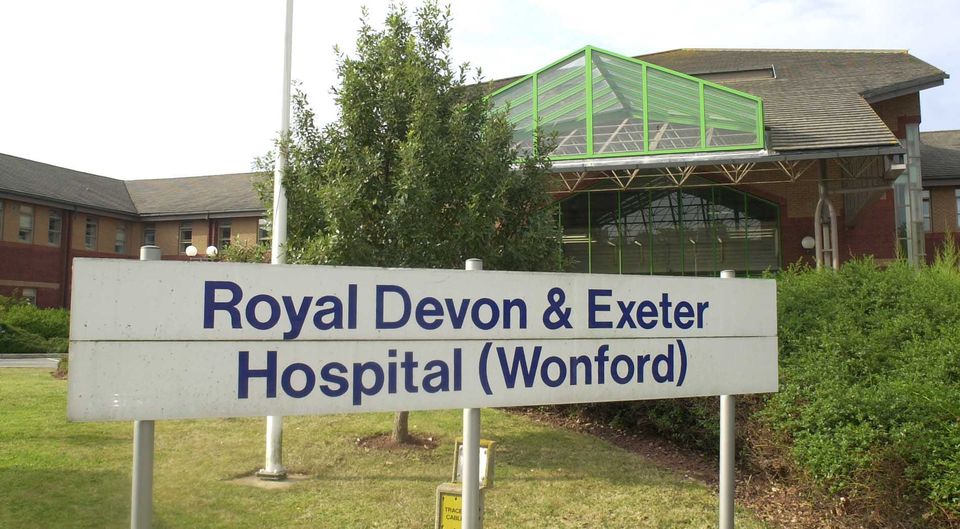A journalist from Northern Ireland has told an inquest he has “little faith in the ability of institutions to learn lessons” after his daughter died at home while suffering from severe chronic fatigue syndrome — following three separate hospital admissions.
Maeve Boothby-O’Neill (27) knew she was going to starve to death, her inquest heard.
She had suffered with myalgic encephalomyelitis (ME) for a decade and was being treated at the Royal Devon and Exeter Hospital for malnutrition before she died at home in October 2021.
Her father Sean O’Neill, a journalist with The Times, is from Dungannon, Co Tyrone.
Sean O’Neill told the inquest in Exeter he believed doctors thought ME was a psychological illness.
“Medicine and medics did not know what to do. Maeve encountered treatments that made her worse, such as exercise programmes, delayed diagnoses, ignorance, apathy and stigma,” he said.
Read more
“The medical orthodoxy is that ME is a behavioural problem or a psychological illness and that belief is deeply rooted in the NHS despite growing scientific evidence that it is a physical illness.
“For many years I myself questioned whether ME was a physical condition. I believed the orthodox views expressed in books and articles about ME.
“My scepticism undoubtedly fractured my relationship with Maeve, to my lasting regret and pain. It is too late for Maeve but there are signs of attitudes changing.”
Mr O’Neill added: “I have little faith in the ability of institutions to learn lessons.
“Experience has taught me they tend to guard reputations, individual and corporate, rather than embarking on reform.”
Her mother, Sarah Boothby, said her daughter’s death was “premature and wholly preventable” as malnutrition in cases of severe ME was “common”.
“I believe the evidence shows Maeve is likely to have died from malnutrition and dehydration because she had severe ME,” she said.
“I therefore believe her death was both premature and wholly preventable.”
The inquest has heard Miss Boothby-O’Neill was placed on a nasogastric tube for artificial feeding but due to complications it was removed.
An alternative — parenteral feeding through a vein — was rejected because it would be unsafe in her case.
“After being discharged from her final admission, Maeve was deeply distressed,” Miss Boothby said.
“She had not been given the treatment she needed. At home she realised she would not survive another admission without the appropriate tube feeding persistently denied her.
“The hospital would not commit to this. Maeve said she did not want to die in hospital.
“We had tried our best with three hospital admissions, she said, but had failed each time.
“If she had to die from starvation with severe ME, she wanted it to be in the familiarity of home and the care of those she loved.
Miss Boothby-O’Neill had been admitted to the hospital three times that year for treatment for malnutrition (Barry Batchelor/PA)
“She wanted more than anything, she said, for a loving hug.”
Miss Boothby added: “By this stage Maeve was starving to death. She knew it, I knew it, her father knew it, we knew it, the GP knew it.
“How the hospital did not recognise this as the inevitable outcome of inadequate hydration and nutrition must be for them to answer.”
Rhys Hadden, representing the hospital trust, told assistant coroner Deborah Archer his client did not accept all of Miss Boothby’s evidence.
“The hospital does not consider that Maeve’s death was preventable,” he said. “It disagrees with the criticism that it failed its duty of care to Maeve or that there were missed or important opportunities.”
The inquest continues.
